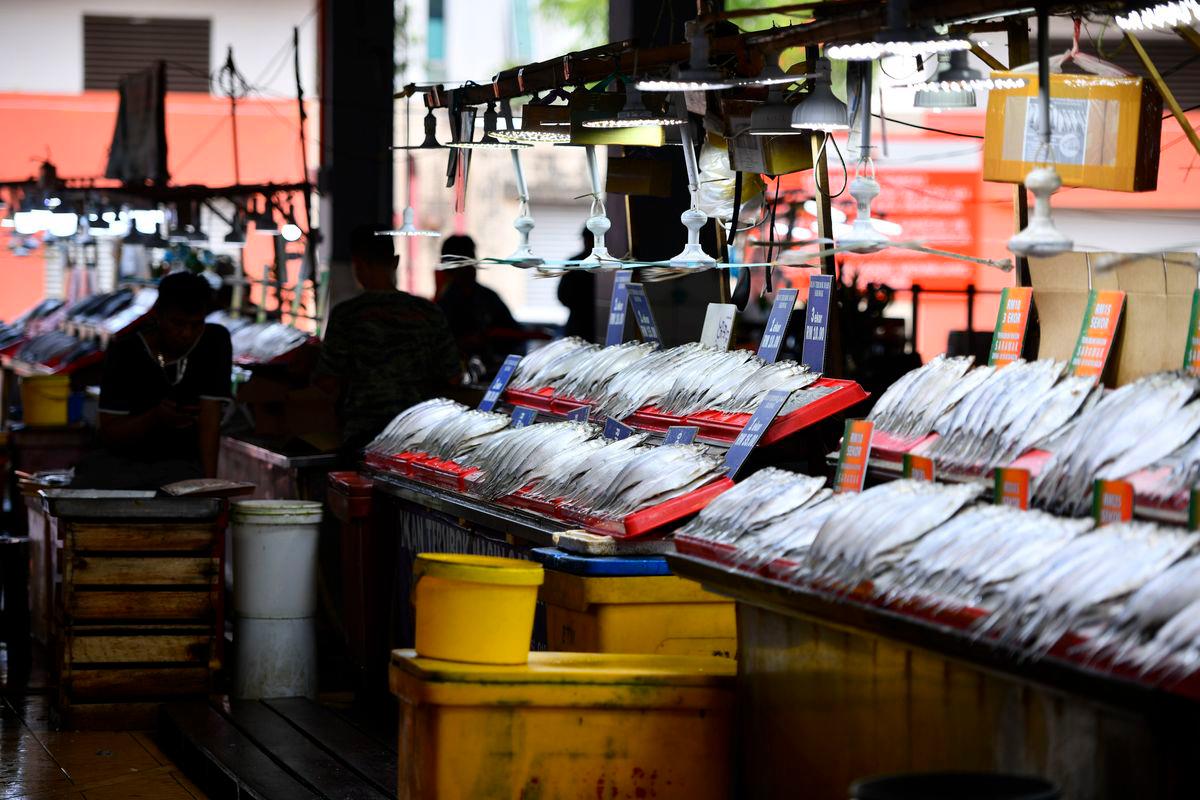PETALING JAYA: Malaysia’s food security remains relatively robust but rising costs, climate risks and dependence on imports continue to test the country’s food resilience, said the Agriculture and Food Security Ministry.
A ministry spokesman told theSun that while over 90% of domestic demand for poultry and fish is met through local production, the country remains significantly reliant on imported staples, particularly rice, beef and certain vegetables.
“The ministry is intensifying efforts to strengthen Malaysia’s food system through infrastructure improvements, technology adoption and coordinated policy measures.”
According to the 2023 Global Food Security Index, Malaysia ranks 41st out of 113 countries – behind regional leaders like Singapore and Japan. The ministry cited limited agricultural land and high reliance on imported staples as key vulnerabilities.
“For rice, the self-sufficiency ratio (SSR) stands at 56.2%, meaning that just over half of the national requirement is met locally. The goal is to raise this to 80% by 2030 under the National Agrofood Policy 2.0.
“Vegetables have a lower SSR of 45.4%, though local needs are substantially met through crops like kangkung, sawi and okra. However, temperate vegetables such as broccoli, carrots and cauliflower are import-dependent due to climatic and cost-related constraints.
“In the meat sector, poultry leads with an SSR ratio of 90.2% but beef and mutton lag behind significantly at 15.9% and 10.6%, respectively, while dairy products are at 66.8%.”
The ministry said initiatives are in progress to improve these figures with support from both government funding and private investments.
It said Malaysia’s vulnerability to global disruptions is relatively low but the country remains dependent on imported inputs such as fertilisers, feed and seeds for certain commodities.
It added that the country is currently increasing local production of shallots and maize.
“To future-proof Malaysia’s food supply system and prepare for an estimated population of 40 to 42 million by 2050, several forward-looking strategies must be adopted.
“These include embracing smart agriculture and precision farming across crops, livestock and fisheries, and promoting sustainable approaches such as regenerative agriculture and the circular economy.”
The ministry called on state governments to allocate land for agriculture while the federal government is focusing on providing funding, support and policy direction to reduce imports and increase local production.
It added that expanding vertical and urban farming would help maximise yields in limited spaces, and innovation in aquaculture could ensure sustainable protein sources.
“Investing in youth, women and tech-savvy agropreneurs is just as vital, along with establishing strategic food reserves and building a robust agrofood database to enable data-driven policymaking.
“To enhance self-sufficiency and reduce import dependence, Malaysia must modernise farming with smart technology, advance crop and livestock research, expand agroparks and contract farming, encourage youth participation as well as seek alternative animal feed to reduce reliance on imported grain.”
The National Agrofood Policy 2.0 and the National Food Security Policy Action Plan (2021–2025) provide a comprehensive framework focused on improving productivity, climate resilience, supply chain efficiency and farmer livelihoods.









